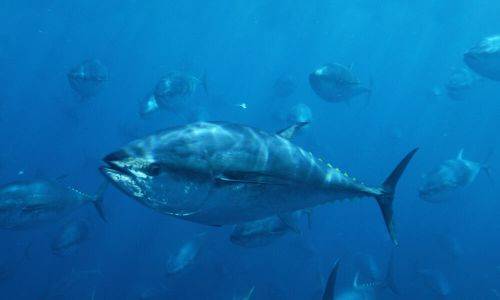NGOs File Legal Complaint against Germany, Italy, and France over Destructive Fishing
A coalition of green NGOs has filed complaints against Germany, Italy, and France, accusing them of allowing destructive fishing practices—bottom trawling—to be implemented within Marine Protected Areas (MPAs). The move is a significant escalation in the campaign to get European governments to account for their breaches of environmental commitments in domestic as well as EU law.
At the core of the complaint is the continued practice of bottom trawling, a fishing method that involves heavy nets being pulled along the seabed. This sweeps up marine life indiscriminately and damages fragile ecosystems such as coral reefs, seagrass beds, and sponge grounds. Whereas MPAs are created to safeguard important marine environments, many MPAs are being used by industrial fleets of fishing boats, making the very existence of their protective status irrelevant.
Green NGOs argue that allowing bottom trawling in these zones places the three governments out of compliance with EU law and international commitments to maintain biodiversity. The NGOs point out that bottom trawling is irreversible in the vast majority of cases and that the repeated utilization of MPAs makes them functionally insignificant.
France has been highlighted particularly, with research indicating that almost all its protected MPAs still permit bottom trawling. It is also occurring in German and Italian waters, with industrial fleets continuing to operate in waters allegedly reserved for conservation. The complaints indicate that these activities not only violate the spirit behind marine protection legislation but also grossly violate climate and biodiversity goals agreed between the EU and the international community.
The NGOs filing the complaints are demanding an immediate ban on bottom trawling in all MPAs and a clear deadline for ending bottom trawling and adopting sustainable fishing methods. They are relying on scientific studies showing that no-trawl zones imposed strictly work to restore sea life biodiversity, improve fish stock replenishment, and achieve long-term economic returns to coastal communities.
This pressure for the law also highlights a greater systemic issue: the disconnect between policy and practice in environmental conservation. Nations have, on paper, expanded their MPA networks, but compliance is weak, and protection is weakly defined or simply not enforced at all. This collapse of regulation, the NGOs claim, is not only environmentally disastrous but legally unsustainable.
Governments so far have justified their policies based on a balance between livelihoods and the protection of the environment. French, Italian, and German fisheries ministries have emphasized the importance of the fishing sector to local economies and claimed that current rules are adequate. Critics argue that this approach prioritizes short-term economic issues over long-term environmental health and sustainability.
Complaints also are concurrent with growing public concern and interest in the health of the ocean. Marine biodiversity loss, pollution, and climate change are putting marine ecosystems under unprecedented pressure, and the protection of MPAs is more crucial than ever. Green groups are urging the EU institutions to intervene and oblige member states to align national practices with shared European ambitions.
If successful, the court battles could create a precedent for stronger enforcement of green legislation across the EU. They could also be a sea change in marine conservation policy—turning symbolic protections into science-driven, meaningful management of the ocean's resources.
As the wheels of justice turn, environmental activists are holding firm: truly protected zones have to be industry free. Anything less, they argue, risks accelerating the dismantling of Europe's sea systems and short-changing future generations.



No comments yet
Be the first to share your thoughts!